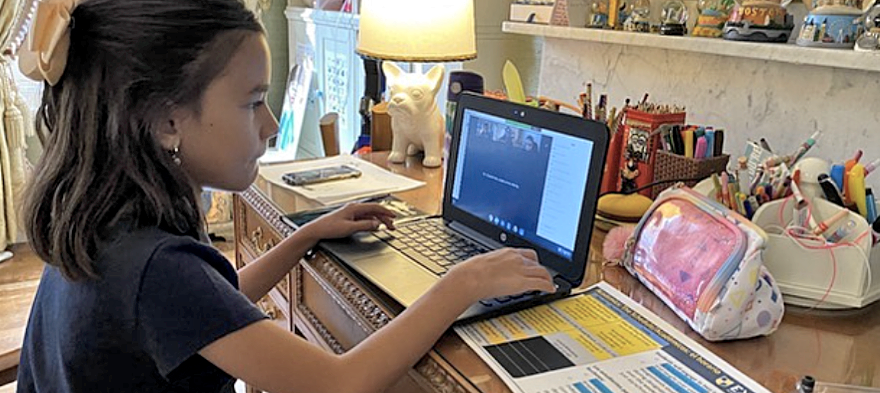
Nov 12, 2020 12:00:00 AM
For families, students and staff, the start of this year was markedly different from past years. In place of student schedules and bus routes, our students received a set of Zoom links and email log-ins. The excitement of picking out one’s first day of school clothes was replaced by picking a quiet corner to log into school from. Classroom whiteboards and markers were replaced by colorful Zoom backgrounds and teacher home offices.
Despite this new reality [pullquote]it is heartwarming to see how true we’ve stayed to our commitment to providing students with a rigorous and inclusive education.[/pullquote]
Confucius is credited with the following quote:
Learning without reflection is a waste.
Reflection without learning is dangerous.
Although this year’s school opening has been nothing like what we expected, we’ve also learned quite few lessons. As we enter a season of reflection, this is what we’ve learned so far:
Don’t get me wrong. We all miss the smiling faces of our students greeting us in the mornings. And personally, I’ve never missed jump roping during recess as much as I do right now. That said, [pullquote]the lessons that we’re learning in this remote world are truly lessons that we will bring into our physical classrooms when it is safe to do so again.[/pullquote]
Meekerley Sanon joined Excel Academy Charter Schools’ staff in 2019, and currently serves as the Head of School at Excel Academy East Boston in Massachusetts. Prior to Excel, Meerkerley worked as the Senior Director of Curriculum & Instruction at Community Day Charter Public School in Lawrence, Massachusetts. Meekerley holds a master's in nonprofit management from Northeastern University and a bachelor's in brain and cognitive sciences from Massachusetts Institute of Technology.
Few issues in education spark more tension and debate than standardized testing. Are they a tool for equity or a burden on students? A necessary check on school systems or a flawed measure of...
Charter schools are public schools with a purpose. Operating independently from traditional school districts, they're tuition-free, open to all students, and publicly funded—but with more flexibility...
Despite the benefits of a diverse teaching force, prospective teachers of color fall out of our leaky preparation pipeline at every stage: preparation, hiring, induction, and retention. Here’s what...
Ed Post is the flagship website platform of brightbeam, a 501(c3) network of education activists and influencers demanding a better education and a brighter future for every child.
© 2020-2025 brightbeam. All rights reserved.
Leave a Comment